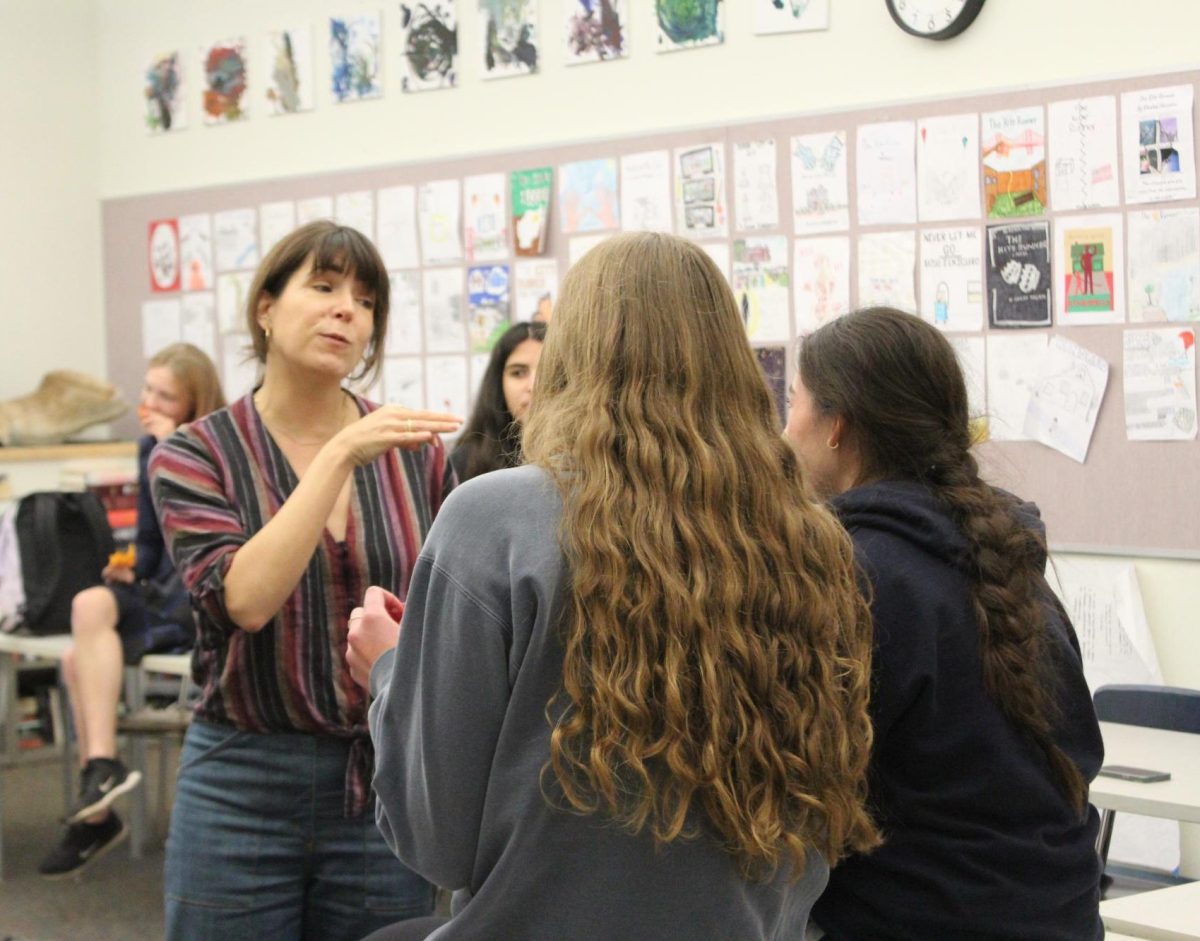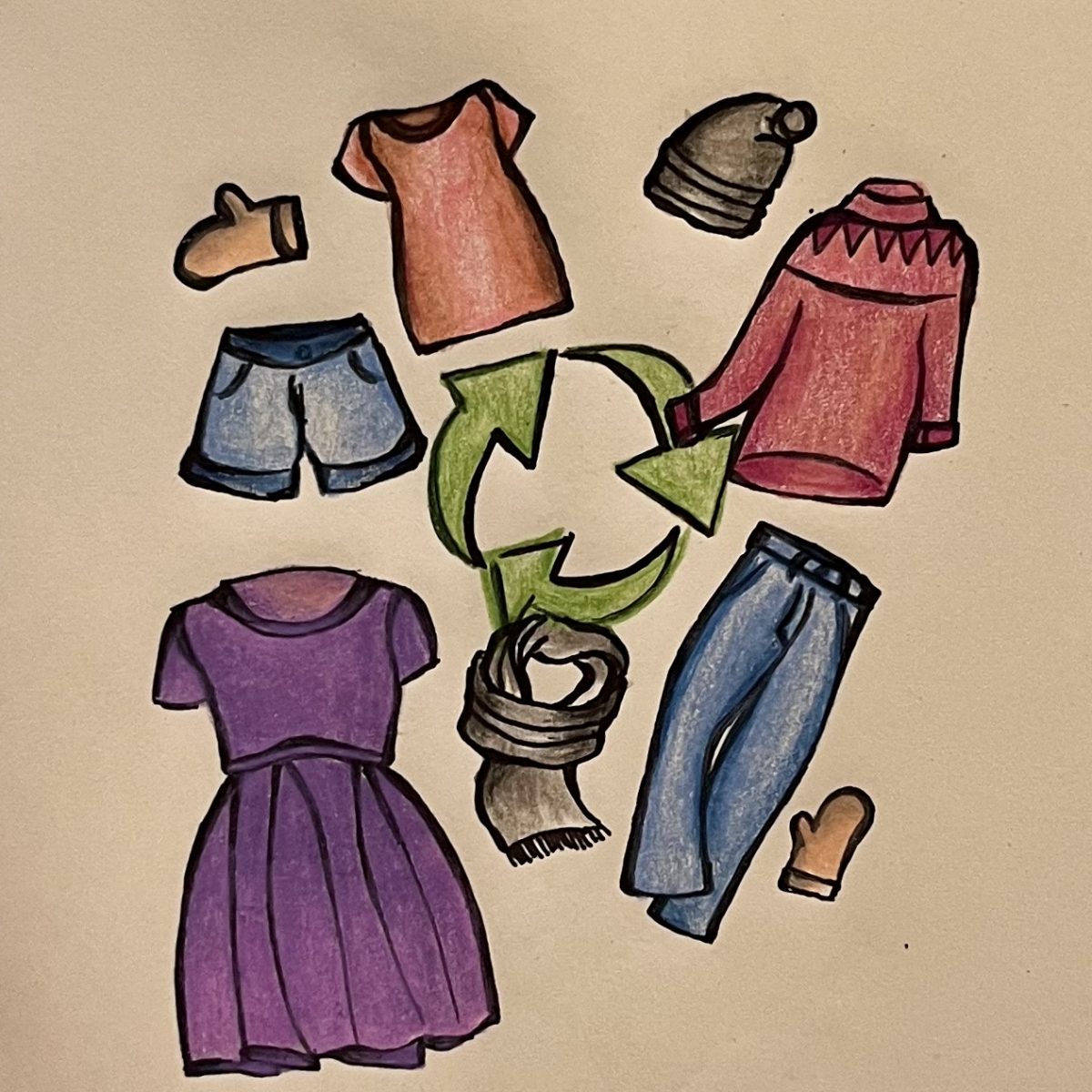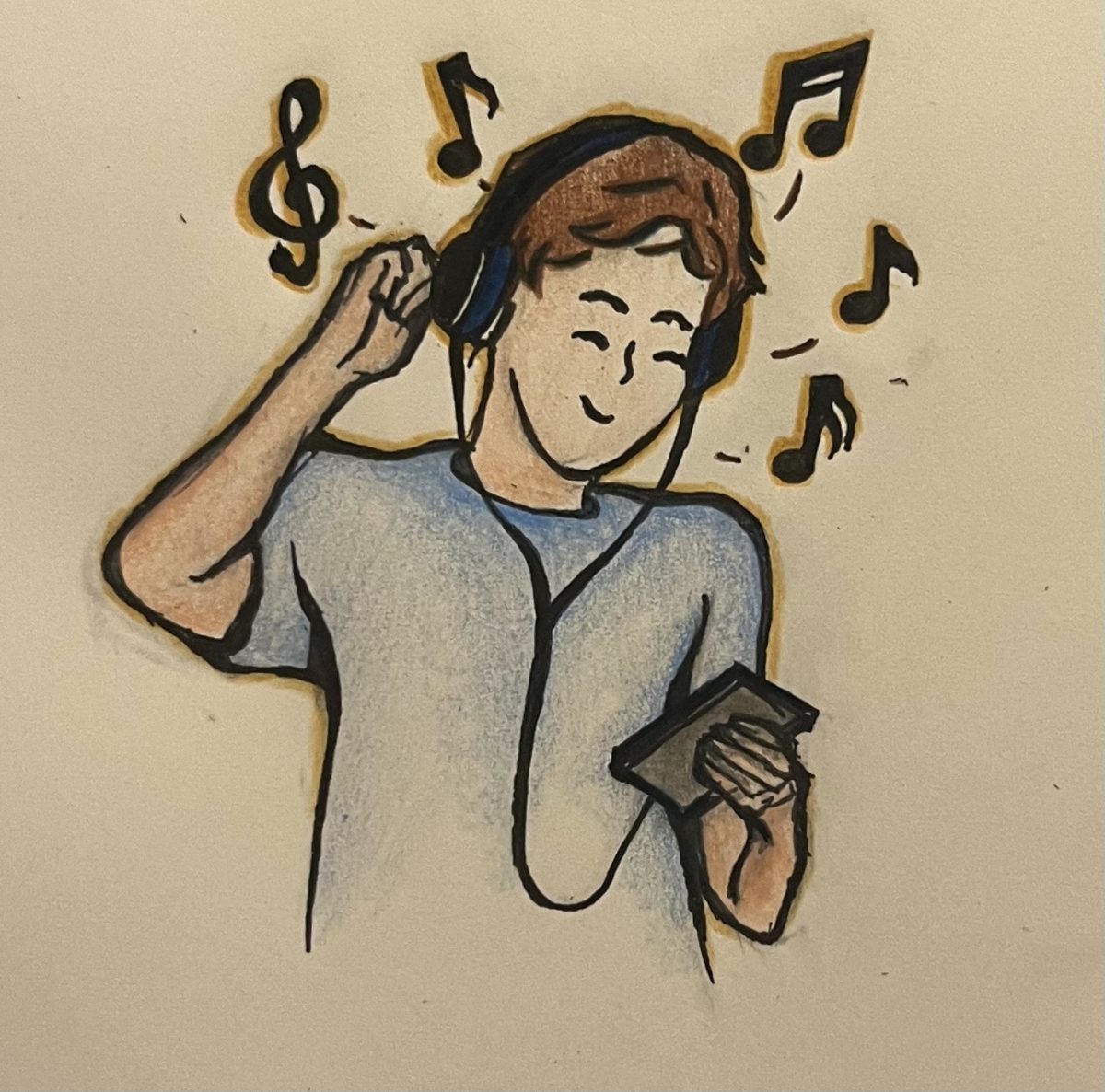Not so long ago, Americans got their news huddled around the TV, watching nightly broadcasts. Hosts like Walter Cronkite, Peter Jennings and Tom Brokaw hosted primarily non-opinionated news shows. Now there is an emergence of television hosts such as Fox News’ Sean Hannity and Laura Ingraham or MSNBC’s Rachel Maddow who hold shows with little unbiased news coverage. In fact, it’s nearly impossible to find a television “news” show that is free from opinions in this day and age.
TV is not the only source of news skewing reality. With the advent of the internet and YouTube, online news sources such as websites, shows and streams have gained popularity among younger Americans. These sources present biased political commentaries as facts to consumers who don’t know any better.
Additionally, some content, even when not presented as fact, radicalizes viewers. Conservative commentator Matt Walsh’s polarizing documentary on transgender issues called “What Is a Woman?” spread ripples through the sea of online discourse. His Daily Wire co-worker Michael Knowles called for the eradication of “transgenderism.” Media personality Andrew Tate and the manosphere, a disorganized group of misogynist YouTube channels and websites, convinced disaffected young men that women shouldn’t drive and that a wife is her husband’s property. These figures, holding right-wing views on social issues, have pulled their online viewers to the right. At the same time, left-wing democratic socialist streamer Hasan Piker — better known online as HasanAbi — has spouted anti-American views and claimed that “America deserved 9/11.” What connects these online political commentators — who are on opposite sides of the political spectrum — is their radical views and widespread influence, driving their respective sides of the aisle further toward the extreme right and left.
Many of these aforementioned political commentators host their shows on YouTube or X. These social media sites have complex algorithms that feed users videos and posts that they are most likely to watch or interact with. This creates an echo chamber where viewers get recommended media that reinforces their preexisting biases. And these echo chambers can reach a large audience: “What Is a Woman,” which was free on X for 24 hours, got 190.8 million views.
This system of online content and echo chambers fuels polarization and has done so for decades. A Pew Research poll found that in 1994, 17% of Republicans had a negative view of Democrats. In 2004, that number was 43%. The trend is nearly identical for Democrats’ attitudes towards Republicans. However, Americans getting their news online has exacerbated this issue.
Political polarization, which is when each political “side” is pushed toward contrasting ideological extremes, causes several problems. Polarization can make it more difficult to govern because any politician will almost always be despised by the other party, which makes up almost half of the country’s population. This culture makes it nearly impossible for a man like John F. Kennedy, who consistently had an approval rating of around 70%, to exist today. Without moderate figures who can bridge the gap between both sides of the aisle, few compromises are made, and hence there is less progress.
Distrust in institutions — such as courts and governmental agencies — hinders democratic processes such as the peaceful change of power and is one of the most detrimental effects of polarization. In fact, The Carnegie Endowment for International Peace, a nonpartisan think-tank, found that most democracies that underwent significant polarization ended up with “some form of major democratic decline.” This is due to there being no figure or institution — whether it be the Supreme Court, the CDC or the president — who is trusted by the country as a whole. In this situation, it is easier for one side to manipulate its followers into believing that an election was stolen or that democracy is going to end if a certain candidate gets elected.
The rise of biased media and online commentators, coupled with algorithm-driven echo chambers, has intensified political polarization in the United States. This trend not only deepens ideological divides but also hampers progress and compromises trust in institutions. Mitigating polarization requires a collective commitment to sourcing unbiased news and promoting candidates willing to reach across the aisle to compromise and respectful discourse (the opposite of what was seen in the Newsom-DeSantis debate or the GOP Primary debates). In breaking free from polarization, we pave the way for a strong democracy and a more resilient America.









